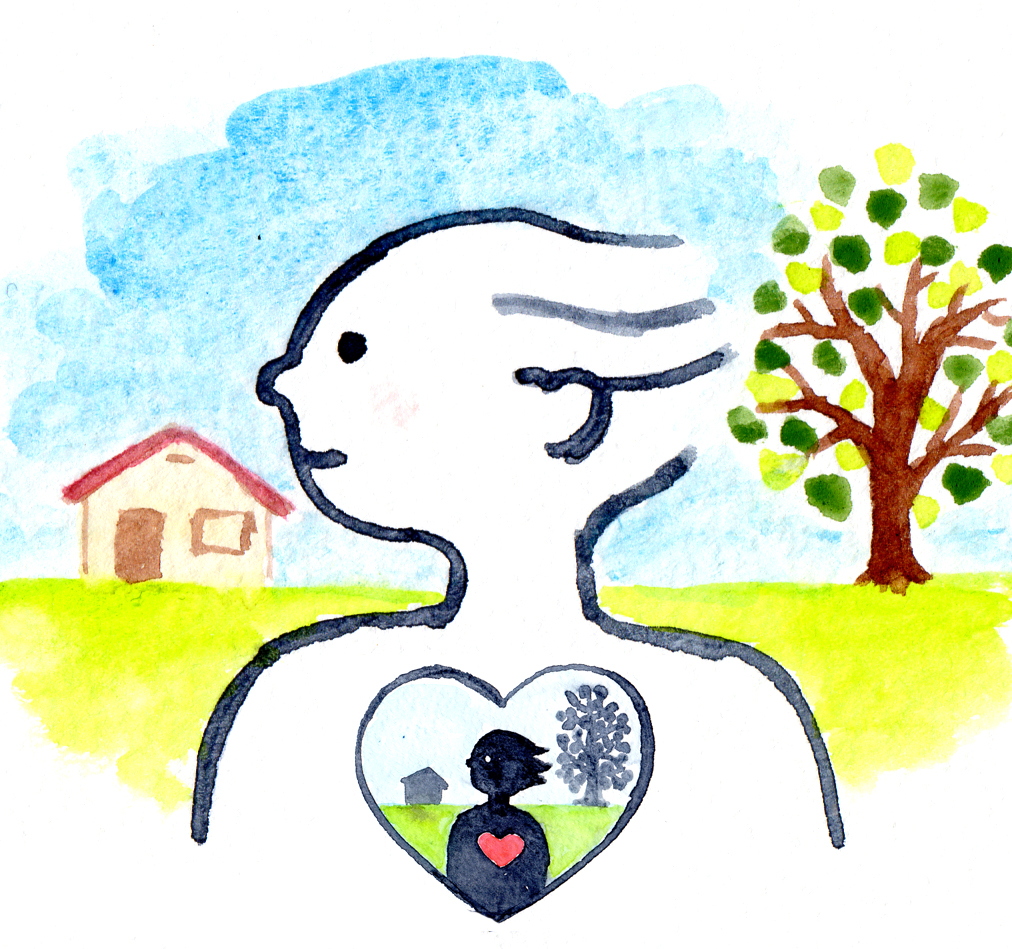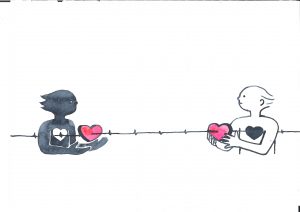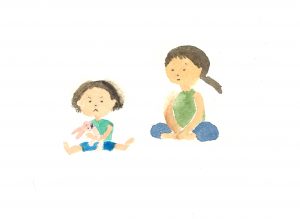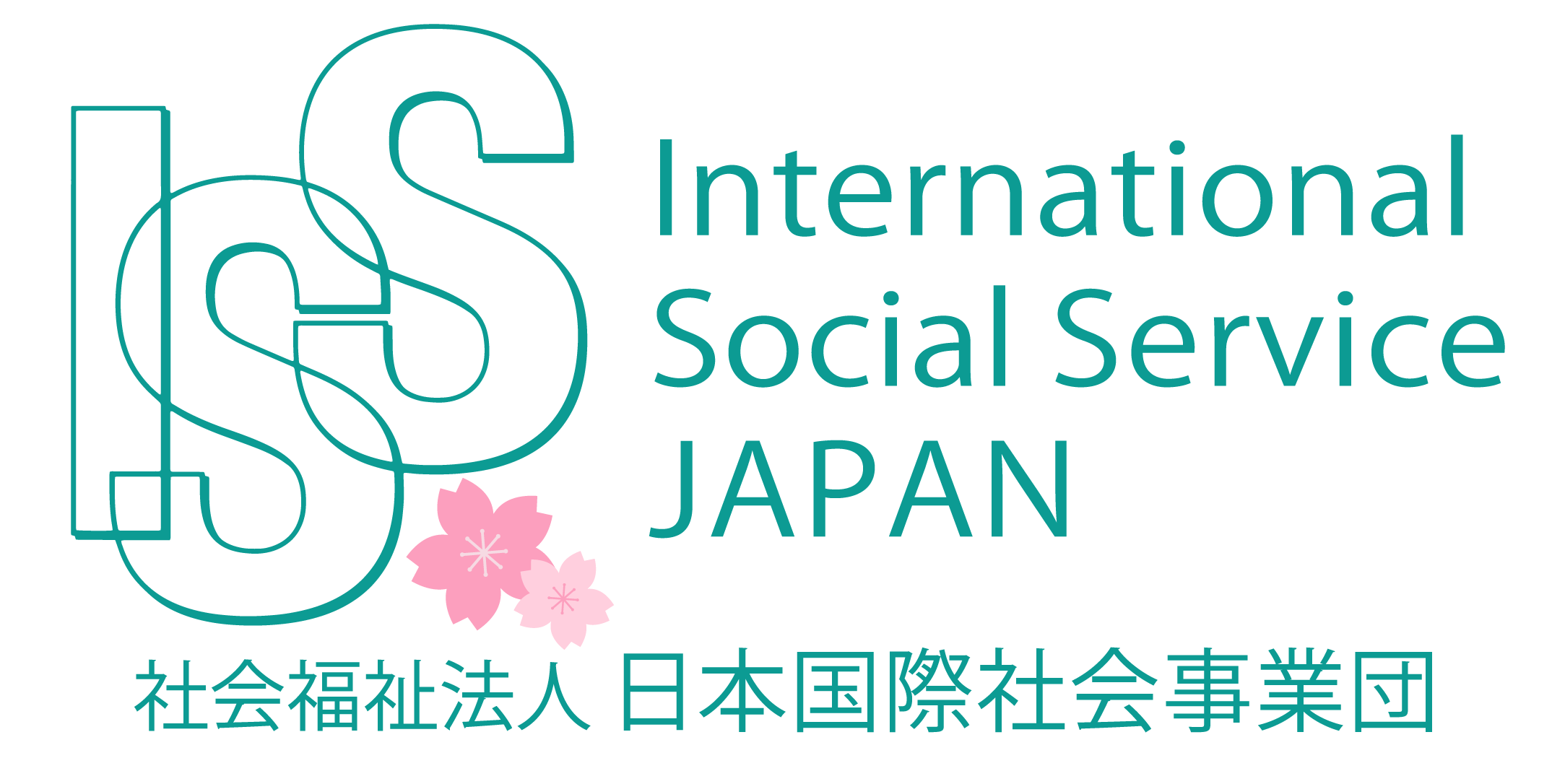What is the “Right to Know One’s Origins”?
The Convention on the Rights of the Child, which has
been ratified by 196 countries and regions including Japan, clearly states that a child has “as far as possible, the right to know […] his or her parents”(Article 7). In Japan, however, the right to know one’s origins as an adopted child is not explicitly articulated, and there is not a sufficient support system in place to assist an adopted child who wishes to learn about their origins.

What Does It Mean to Trace Your Roots?
The ISSJ’s Post-Adoption Consultation Service often fields questions such as, “Why was I put up for adoption?” “Do I have any biological siblings?” and “Can I meet my birth parents?” from adopted children. In some cases, however, we are unable to obtain sufficient information about the adopted child’s roots, and the information we are able to obtain may not be enough to answer all of their questions. It is also important to note that a reunion between the adopted child and their birth parents is not an end goal, but the start of a new relationship. At times, these new encounters may also force the adopted child to have to confront unforeseen new facts or developments.
Tracing one’s roots is a process wherein an adopted child links together their past, present, and future, through questions such as “Who am I?” and “Where was I born? To whom? And how?” It is also a process that involves piecing together information from disparate sources, and working to understand them in relation to one’s own memories and records. Additionally, the things that an adopted child will be interested in and want to know will change according to their developmental stage and where they are in their life.

Why Now?
The timing in which one begins tracing their roots is different for everyone. It can be when reaching a milestone, such as when one becomes an adult, gets married, experiences pregnancy or childbirth, or when their children leave the home. Some begin to seek their origins when experiencing a sense of loss, such as when their relationship with their adoptive parents becomes troubled, when they lose someone close to them, or when they feel stuck in their studies or career.
Tracing one’s roots, however, does not always lead to the desired outcome. At times, an outcome different from the one you have envisioned can even deepen your sense of loss. Thus, it is important to ask yourself why you wish to begin tracing your roots at this moment in time, and whether now is really the right time for it.
What Do I Want to Know? – Articulating Your Needs
Information about one’s origins includes not only basic information about the adopted child themselves, but also the appearance, health, personality, hobbies, and tastes of their birth parents, and the reason why they put their child up for adoption. There may be unforeseen facts or complicated circumstances behind their decision to put their child up for adoption. Note also that there is no guarantee that all of this information has been stored, or that it is available in the desired form. There is also information that is not disclosed to the adopted child themselves, in order to protect the privacy of the birth parents. Remember that to learn this information is to turn away from imagination or fantasy, and instead face reality. It takes a great deal of energy to piece together, understand, and accept this information.
The desire to know why you were given up for adoption, and the desire to meet your birth parents or family, are two separate things. It is important to consider an approach that meets each of these needs. Ask yourself how much you want to know about what, and how you wish to go about learning this information, and clearly establish your needs.

Managing Your Emotions
There are some who say that tracing your roots is like being on a roller coaster. You may find yourself confronted with unforeseen facts, or you may feel confused or frustrated because you cannot see an end to the search. At such times, it is helpful to have a family member, partner, or friend with whom you can share your feelings. Talking to a third party, such as a social worker or a counselor, can also help you sort through your feelings.
Effects on Family Relationships
There are many adopted children who trace their roots in secret out of consideration for their adoptive parents. There are others who consult their adoptive parents, and find that this does not yield the answers they were hoping for, or on the contrary, yields information that they did not expect.
In cases in which the adopted child has a sibling, there can also be a discrepancy in the amount of information available, with one able to reunite with their birth parents, and the other unable to obtain sufficient information. This kind of discrepancy can also affect the relationship the adopted child has with their family.

In Seeking Interaction/Reunion
Let’s say you are able to get in contact with your birth parents or family. What kind of relationship do you hope to have with them? In beginning your interaction with your birth parents, you will also need to consider the circumstances of your birth parents and their families.
In some cases, birth parents may not have informed their new spouses or later children that they have put a child up for adoption. It is also important to be prepared for the possibility that your birth parent may not respond to your messages, or may not wish to interact with you.
The start of this kind of interaction can bring about an overwhelming range of emotions for the adopted child who began the process, as well as their birth parents and relatives. This includes anticipation, elation, nervousness, anxiety, or anger about the reunion. It is imperative that both parties have time to sort through their feelings while maintaining a safe and comfortable distance from one another. After the actual reunion, there may be a sense of anxiety, confusion, or disappointment. The children of the birth parents may find themselves confused by the sudden appearance of a biological sibling, and anxious that the adopted child will steal their parent’s affections away from them. Such feelings can arise regardless of one’s age or gender. It is thus important for both parties to take their time, working to understand and be considerate of one another, as they go about building this new relationship.
